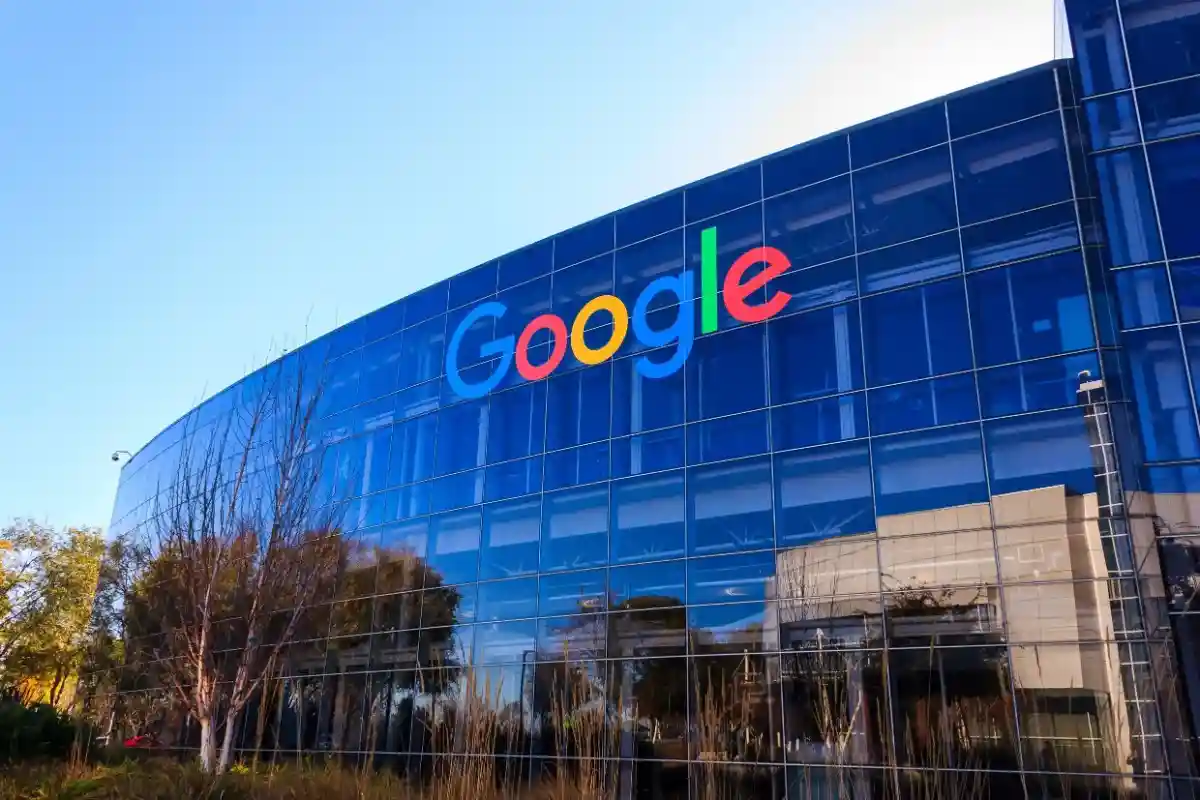In a significant ruling that could reshape the landscape of the technology industry, a federal judge has found Google guilty of violating U.S. antitrust laws by maintaining illegal monopolies in general search services and search advertising.
This ruling, delivered by Judge Amit P. Mehta of the U.S. District Court for the District of Columbia, has the potential to alter Google’s business practices and influence antitrust cases against other tech giants.
Overview of the Ruling
Monopolistic Practices
Judge Mehta concluded that Google employed monopolistic practices to maintain its dominant position in the search market.
These practices included paying substantial sums to secure default status for its search engine on various devices and web browsers.
The agreements with major companies like Apple, Mozilla, and Android partners effectively foreclosed around 50% of the search market and 45% of the search advertising market, depriving competitors like Microsoft’s Bing of the scale necessary to compete.
Abuse of Monopoly Power
The court found that Google’s actions violated Section 2 of the Sherman Act, a federal statute aimed at preserving competitive markets.
Google’s strategy of paying for default search placements, leveraging user data to reinforce its search engine’s dominance, and protecting its monopoly over search-related advertising were all cited as abuses of its market power.
Financial Details Revealed
The trial shed light on the financial aspects of Google’s default search agreements.
Notably, in 2022, Google paid Apple $20 billion for default search placement on iOS devices, an increase from $18 billion in 2021.
Additionally, Google shares 36% of Safari’s search ad revenue with Apple.
These figures underscore the immense value of default search positioning in the industry.
Key Findings of Anticompetitive Behavior
The court’s findings highlighted several anticompetitive behaviors by Google:
- Foreclosing Market Share: Google’s agreements with key partners prevented rivals from accessing significant portions of the market. This foreclosure strategy limited the ability of competitors to scale up and compete effectively.
- Stifling Innovation: By depriving rivals of the necessary scale, Google’s practices reduced incentives for competitors to invest and innovate in search technologies.
- Maintaining Supremacy: The judge noted that Google maintained its market dominance not through superior products but by thwarting true competition.
Google’s Defense and the Court’s Rejection
Throughout the trial, Google argued that its market dominance was a result of superior product quality, not anticompetitive behavior.
The company disputed the Department of Justice’s (DOJ) claim of a 90% market share, advocating for a broader definition of the competitive landscape.
However, Judge Mehta rejected this defense, stating that Google had “thwarted true competition by foreclosing its rivals from the most effective channels of search distribution.”
Ruling on Search Advertising
While the judge found that Google could charge supra-competitive prices for text ads, he ruled in Google’s favor on some claims, determining that Google does not possess monopoly power in the broader search advertising market.
Potential Ramifications for Google
The ruling opens the door to potentially far-reaching consequences for Google’s business model.
Although specific remedies have not been determined, possible outcomes include:
- Changes to Search Operations: Google may be required to alter its search operations to allow for greater competition.
- Divestiture: The company could be forced to divest certain business segments to reduce its market dominance.
- Restrictions on Default Agreements: There may be limitations imposed on Google’s ability to secure default search agreements with device and browser manufacturers.
The ruling is likely to face appeals, and the final resolution could evolve, similar to the protracted legal battle seen in the Microsoft antitrust case of the 1990s.
Broader Context and Implications
Impact on Other Tech Giants
This ruling sets a precedent that could influence other ongoing antitrust cases against major tech companies like Amazon, Apple, and Meta.
It signals a shift in how century-old antitrust laws are applied to modern digital markets.
As regulators worldwide scrutinize the power and influence of tech giants, this case may serve as a catalyst for increased antitrust enforcement.
Shaping the Future of Digital Markets
The decision against Google highlights the challenges of applying traditional antitrust principles to the digital economy.
As technology companies continue to grow and expand their influence, regulators face the task of ensuring fair competition without stifling innovation.
This ruling may prompt lawmakers to consider updating antitrust laws to better address the complexities of the digital age.
Next Steps for Google
Google is expected to appeal the decision, potentially leading to a lengthy legal battle.
The outcome of this case could have significant implications for the future of online search and digital advertising.
As Google navigates this legal challenge, it faces another antitrust trial on September 9th over ad tech.
The DOJ plans to sue Google in Virginia federal court, alleging illegal monopolization of the digital ads market.
Preparing for a Protracted Legal Battle
The appeal process could take years to resolve, and the final outcome may shape the future of Google’s business practices and the broader tech industry.
As the company prepares for this legal fight, it must also consider the potential impact on its reputation and relationships with partners and customers.
Conclusion
The ruling against Google marks a significant moment in the ongoing battle between regulators and tech giants over market dominance and fair competition.
As the case unfolds, its implications for Google and the technology industry will become clearer.
The outcome could set a new standard for how antitrust laws are applied to the digital economy, influencing the behavior of other major players in the tech space.
As Google prepares to appeal the decision, the world watches closely to see how this landmark case will shape the future of competition and innovation in the digital age.
